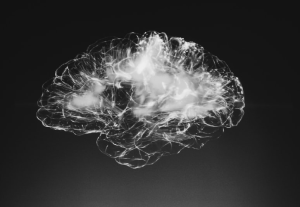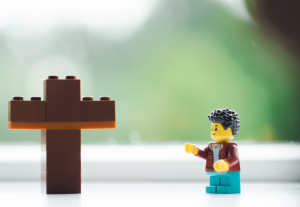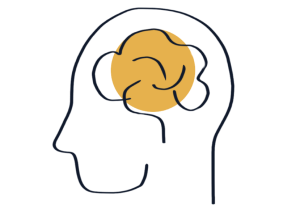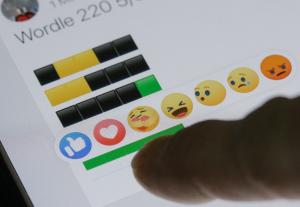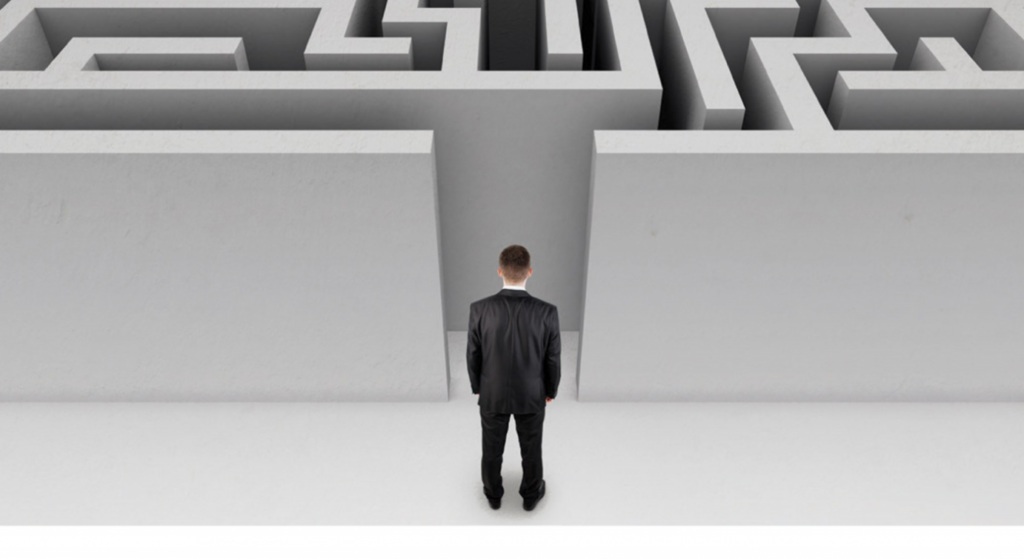- Behavioral Science, Customer Experience, Design, Neuroscience, Usability, UX Education, UX Magazine
Different biases and ways they can produce a positive experience using biases in UX design
Article by Alanna Bent
Biases and their effects in UX Design
- The author shares her perspective on the following biases and their effects in UX Design:
- Motivational biases (the Ego-enhancing bias and The Effective Control bias)
- Cognitive biases (Salience Availability, Preconceptions, and Anchoring and Perseverance)
- Biases in UX Design:
-
- The Anchoring bias
- The Framing bias
- Understanding the psychology of the human mind is vital in creating clean, well organized and user-friendly designs.
Share:Biases and their effects in UX Design
Share this link
- May 10, 2022
6 min read



